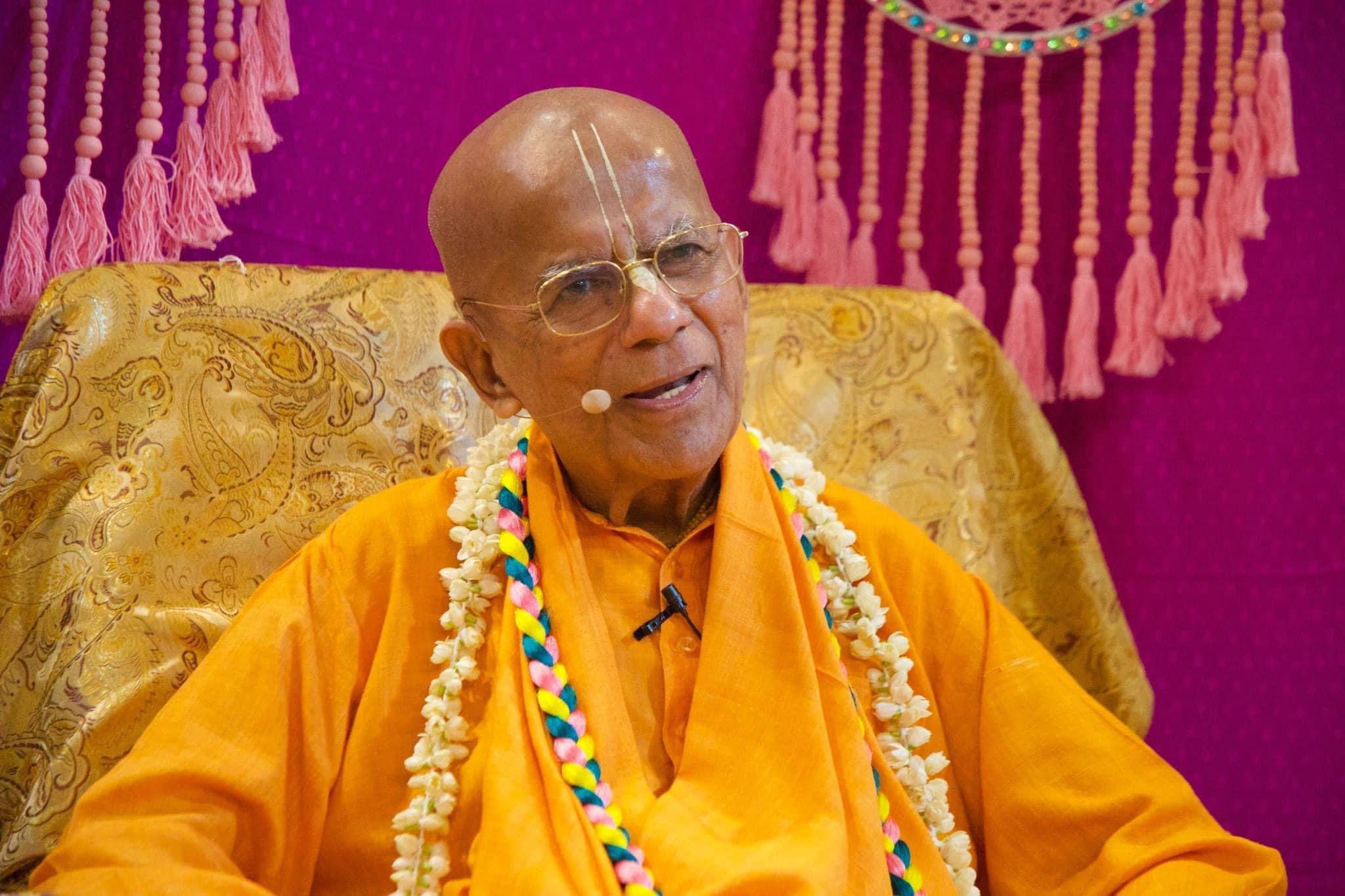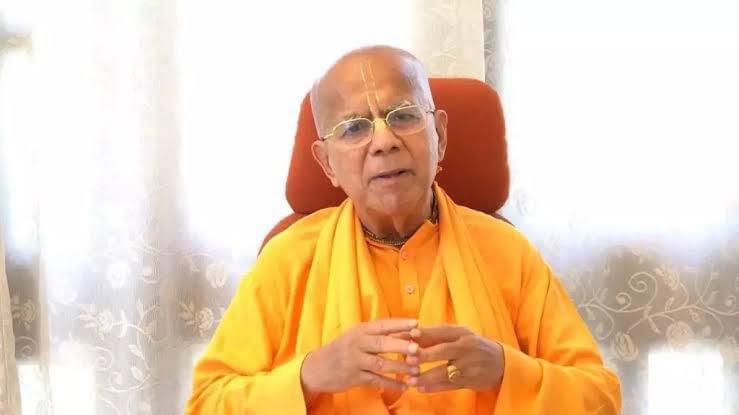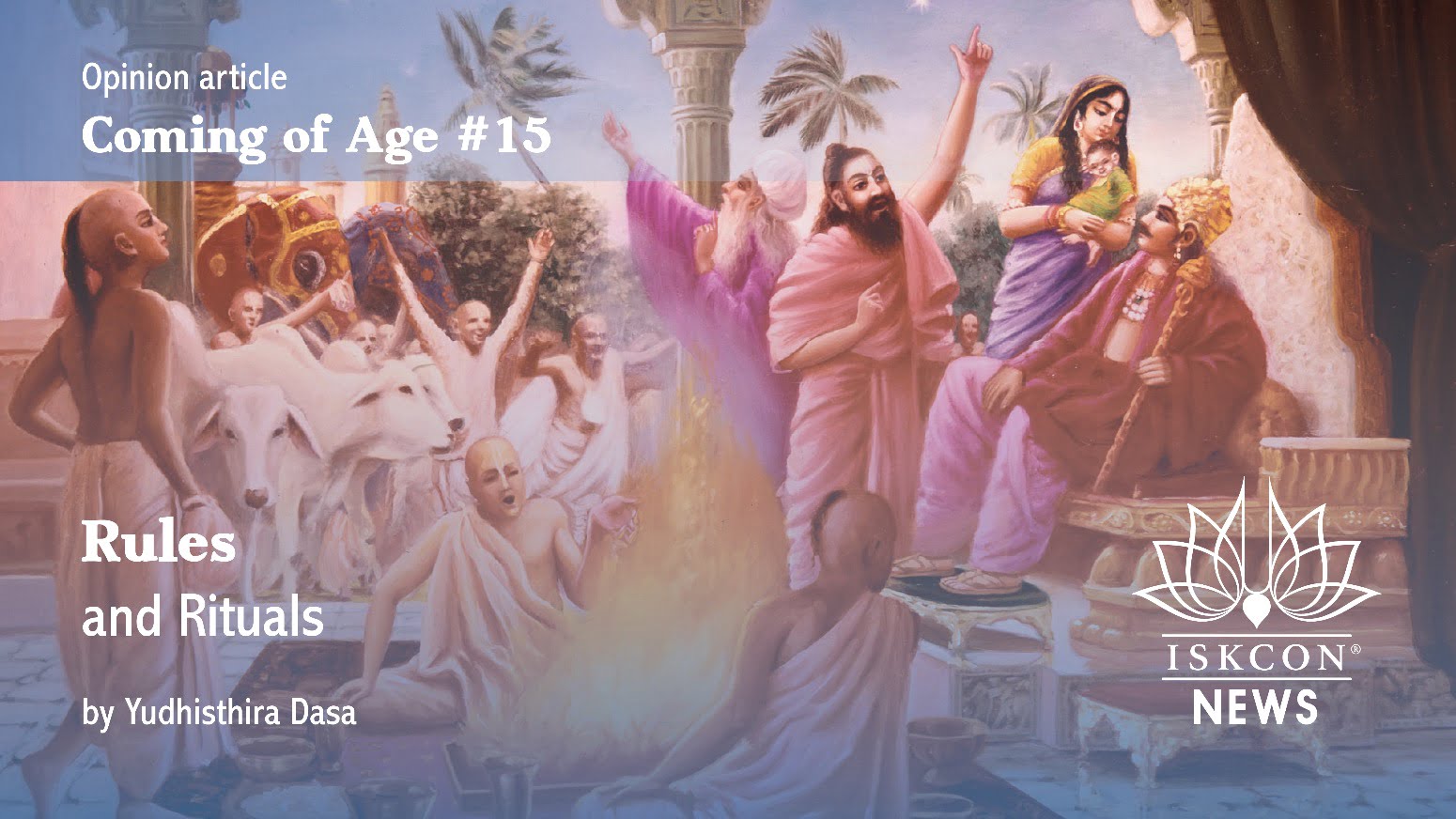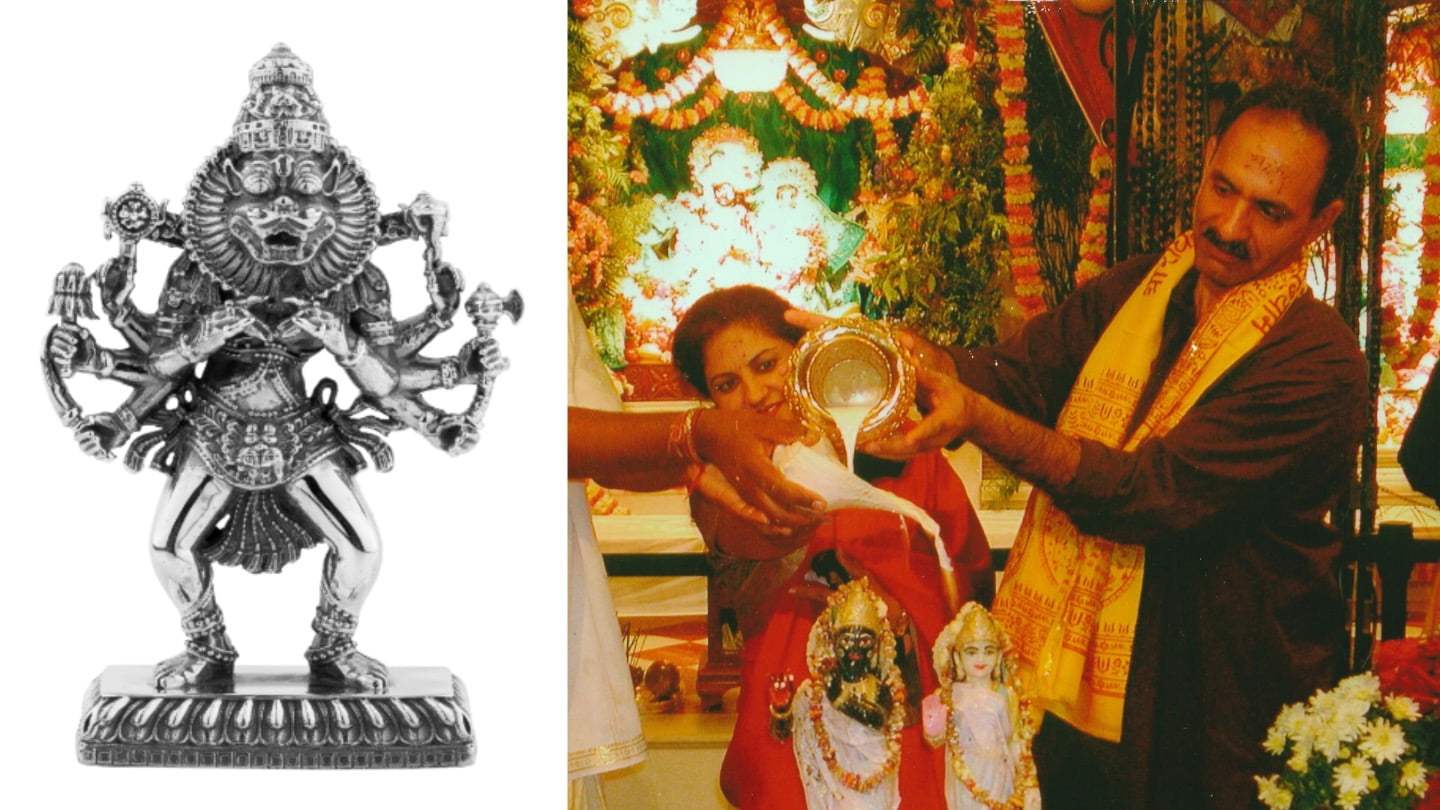Criticized? – Clarify, Counter, or Ignore?
By Chaitanya Charan Das | Сен 12, 2016

“O goldsmith! You are oblivious to others’ suffering! Why do you constantly throw me in fire hundreds of times? [Nonetheless, even if you do so,] the brilliance of my golden color keeps increasing in me, whereas your only gain is that your face progressively becomes covered with more soot and ash.” — (Subhāṣita-ratna-bhāṇḍāgāra, Suvarṇa-kāraḥ, Page 246, Verse 23)
This Subhashita helps us see unfair criticism positively, as a refiner of character –as is fire for gold. In life, few things are as hurting as criticism. Even more excruciating is unwarranted criticism, that is, criticism based on misunderstandings or untruths. We tend to respond to such criticism in one of three broad ways.
Clarify: We try to defuse the antagonism by clarifying the situation. If the critic is too hostile to have a rational discussion with us, we may clarify through an intermediary whom both parties see as trustworthy or at least as neutral. Clarification offers the best possibility for resolution, all the more so if the critic is reasonable. If the clarification works, both sides understand each other better and may even come closer than earlier.
Counter: A more instinctive response to criticism is to refute it, to objectively point out errors in the criticism. Such countering can work if the critic is intellectually honest and is ready to admit limitations in their perspective. They acknowledge the validity of our perspective of things, even if it is different from theirs. Sometimes, even if our perspective doesn’t become acceptable, it becomes at least intelligible, and they agree to “live and let live.”
Ignore: Some people stick to their opinions, whatever the facts or however valid the counter-arguments. About such people, it is rightly said, “A man convinced against his will is of the same opinion still.” With such people, clarifying and countering are both wastes of time. The more the discussion prolongs, the more acrimonious it becomes. The only way to stop the nastiness is by ignoring the criticism. No doubt, ignoring is extremely difficult. We fear that others may think we have been defeated – that in our refusal to argue any further, we have admitted our inability to argue any further. If such a fear goads us into dragging on an unfruitful interaction, we can check ourselves by contemplating a graphic quote of George Bernard Shaw: “I learned long ago, never to wrestle with a pig. You get dirty, and besides, the pig likes it.”
Characterizing a critic as a pig might be uncharitable and inaccurate even. If so, then we can use this metaphor to drive home not the nature of the critic but the nature of the fight – some battles are just not worth fighting. Either way, to ignore criticism, we need to exercise our tolerance muscles. In this context, tolerance means calling off our war with reality – the unpalatable reality that some people are going to have negative opinions about us, and nothing we do is likely to change their opinion.
The Bhagavad-gita urges us to tolerate distresses by meditating that such distresses are temporary (02.14), whereas we ourselves are eternal (02.13). We are indestructible spiritual beings whose essential core can’t be hurt by anything (02.22) – not even criticism, no matter how caustic. The more we realize our spiritual essence, the more we get the inner fortitude necessary to tolerate criticism. The easiest way to gain such spiritual realization is by practicing bhakti-yoga diligently. In fact, bhakti offers an even higher realization – not just the indestructibility of our souls, but also the infallibility of Krishna’s love for us.
When we relish the comforting shelter of absorption in Krishna and feel reassured that he loves us, no matter what the world thinks about us, we recognize that our critics’ opinions are not all that consequential. And the hurts thereof become more bearable. To further boost our determination to tolerate, we can contemplate this verse’s metaphor: Just as exposure to fire makes the gold’s effulgence more evident by purging alloys from it, exposure to criticism makes a person’s core character more evident. Their capacity to tolerate reveals how they are far higher than most people, who can’t resist the impulse to argue endlessly. Still, while the increased shine of gold can be seen by everyone, the exalted character of the criticized person who tolerates is not seen by everyone – critics may believe they have proven their rightness. Such critics are like those who close their eyes to the gold’s increased effulgence. Little do they realize that their unrelenting criticism and self-congratulation ends up exposing their petty-mindedness and vindictiveness – just as a goldsmith’s face gets blackened. Just as the sighted appreciate the gold’s effulgence, the intelligent appreciate the fortitude of those who refuse to engage in an arguing match. Most importantly, Krishna appreciates their fortitude. And ultimately, his view is the only view that matters.














